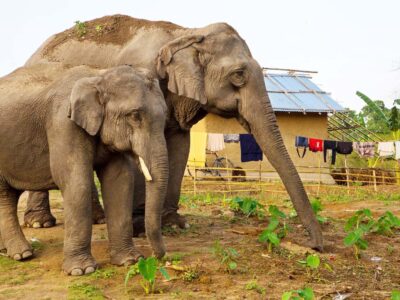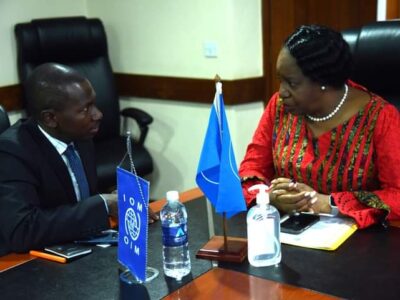Copperbelt University (CBU) Professor, Owen Sichone, has urged Zambia to prioritise its economic interests in response to Donald Trump’s return to the U.S. presidency, warning that failure to do so could place the country’s economy at risk.
On Wednesday, former U.S. President Trump achieved a historic election victory over Vice President Kamala Harris, a win that has already led to a stronger U.S. dollar and declining commodity performance.
Speaking in an interview, Sichone expressed concerns over Trump’s unpredictable foreign policy, particularly his dismissive attitude toward African nations, which he had previously referred to in derogatory terms.
Read more:trump-returns-to-the-white-house-zambias-hichilema-uks-starmer-extend-congratulations
“Trump’s first target is likely China, but any tariffs imposed could also affect Europe, indirectly impacting Zambia. Regardless of Trump’s actions, we need to start giving Zambian interests ‘priority status,’” he said.
Sichone stressed that Zambia should explore partnerships with countries like Turkey, China, South Korea and India for infrastructure development, noting that global finance capital often does not contribute directly to building essential infrastructure like ports and railways.
“If Trump ends ongoing wars, oil and fertilizer prices may drop, benefiting Zambian importers,” he added.
The professor also highlighted the significance of China as a major buyer of Zambian copper and cobalt, despite reports from Glencore and ZamStats suggesting that Switzerland is Zambia’s main export destination.
This, he said, underscored China’s critical role in the global economy.
WARNING! All rights reserved. This material, and other digital content on this website, may not be reproduced, published, broadcast, rewritten or redistributed in whole or in part without prior express permission from ZAMBIA MONITOR.












Comments